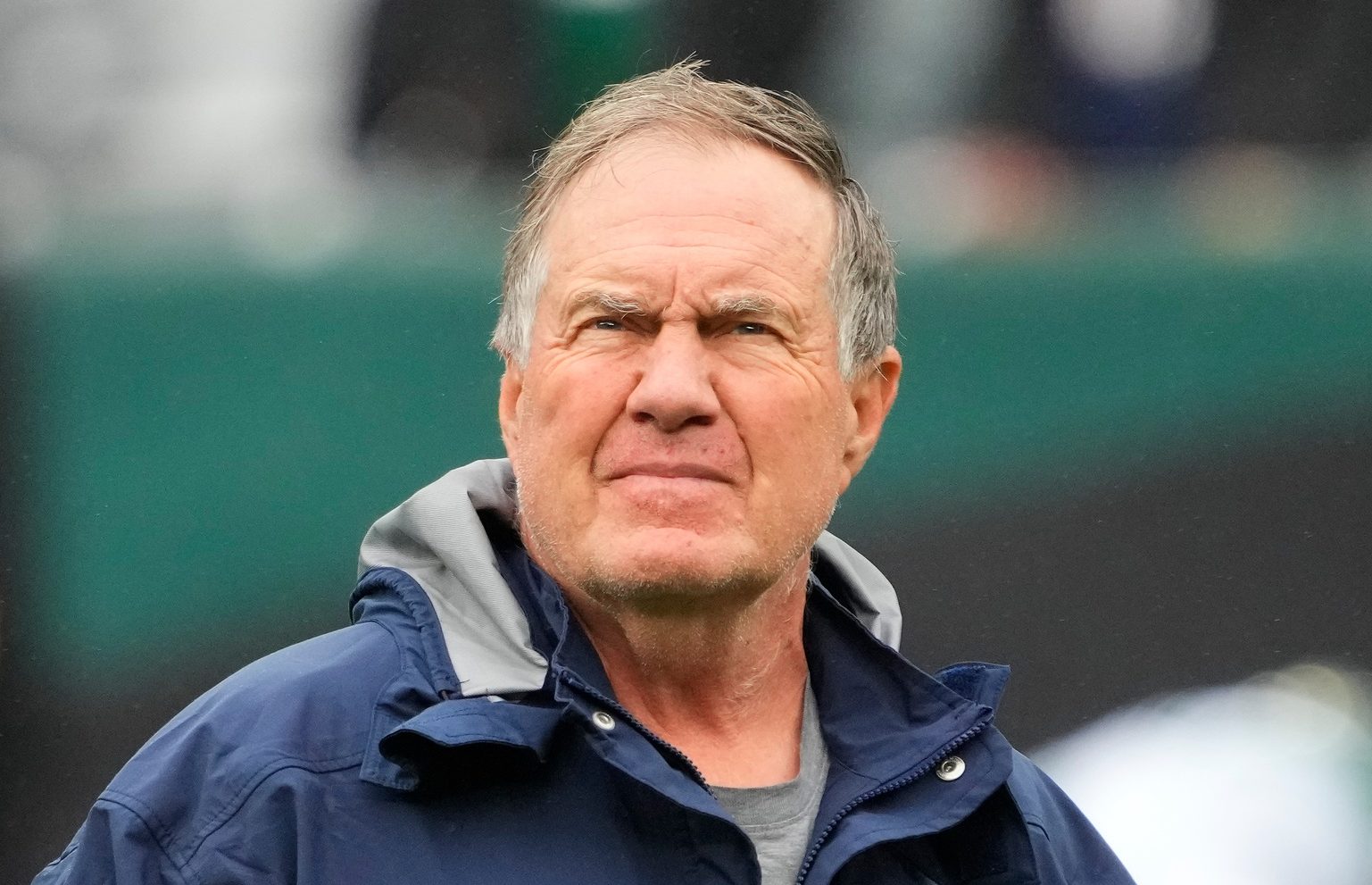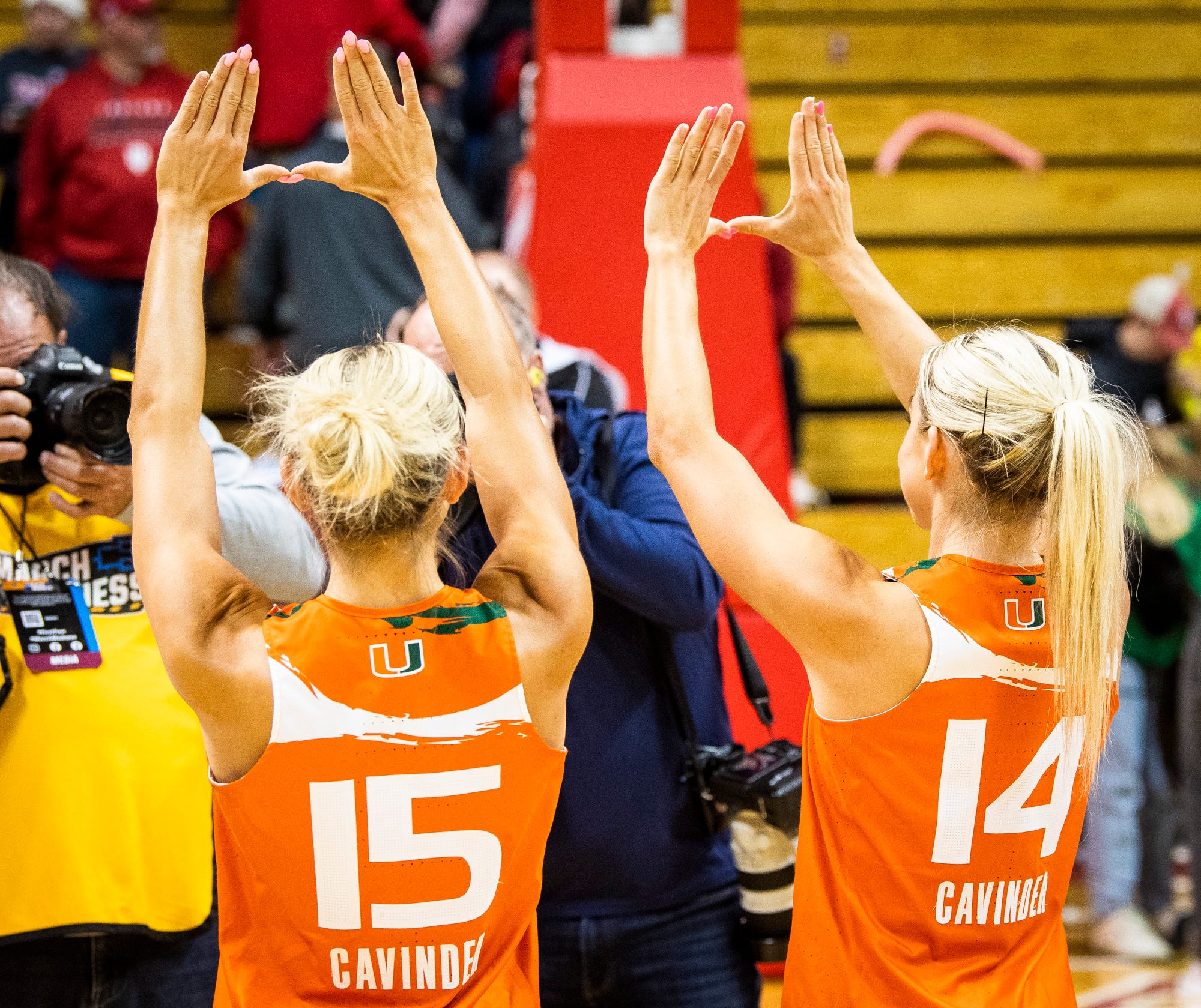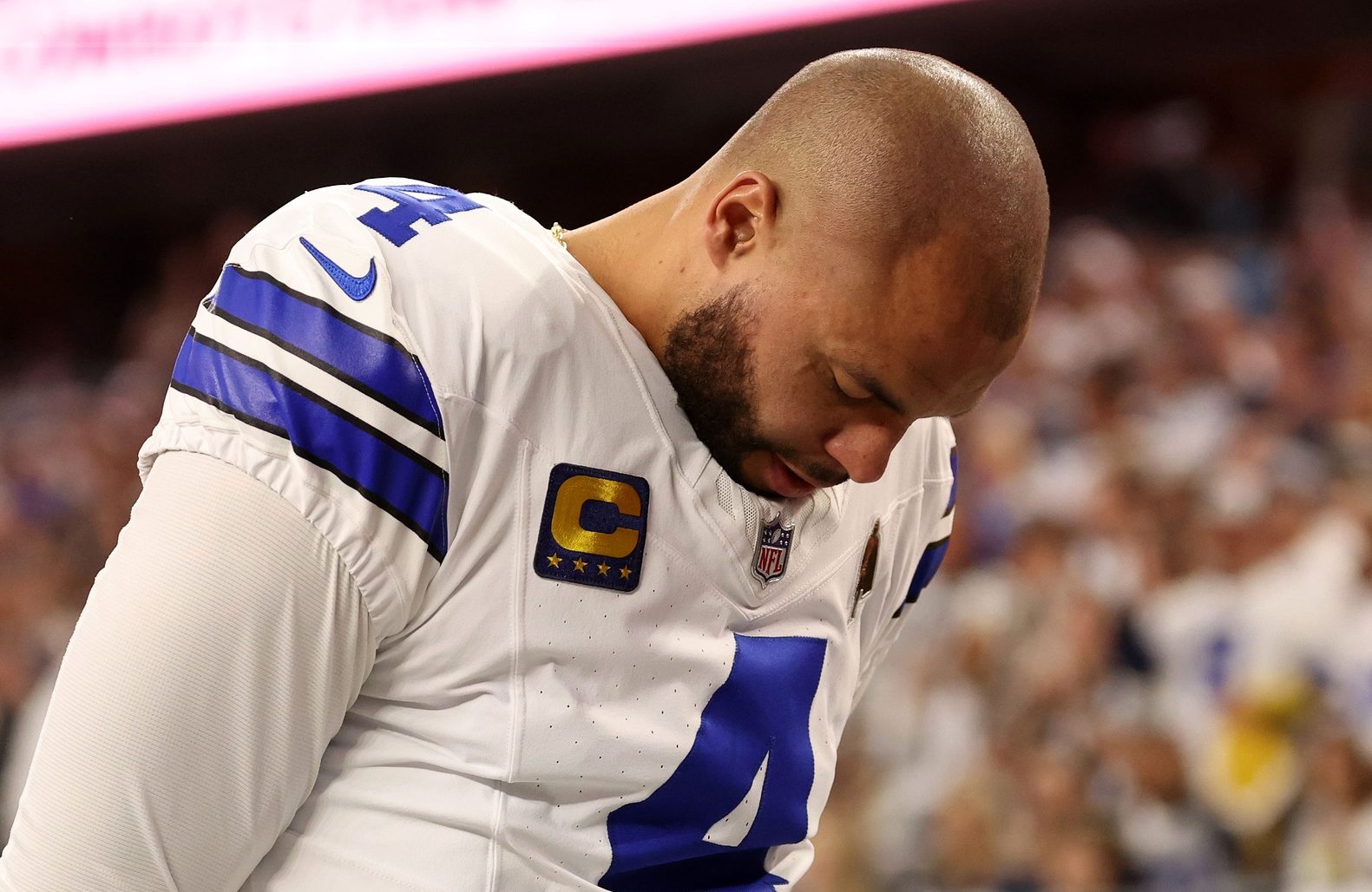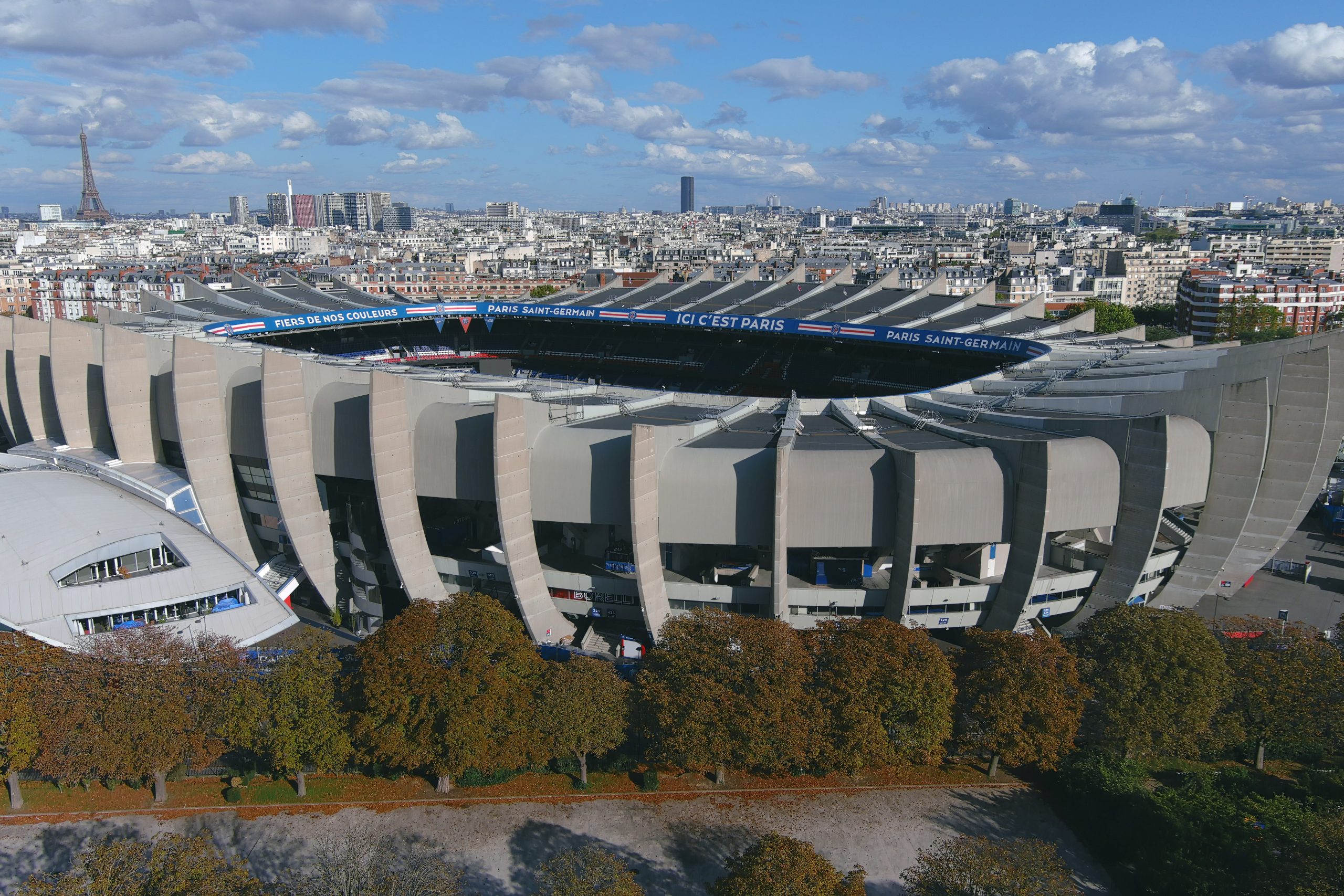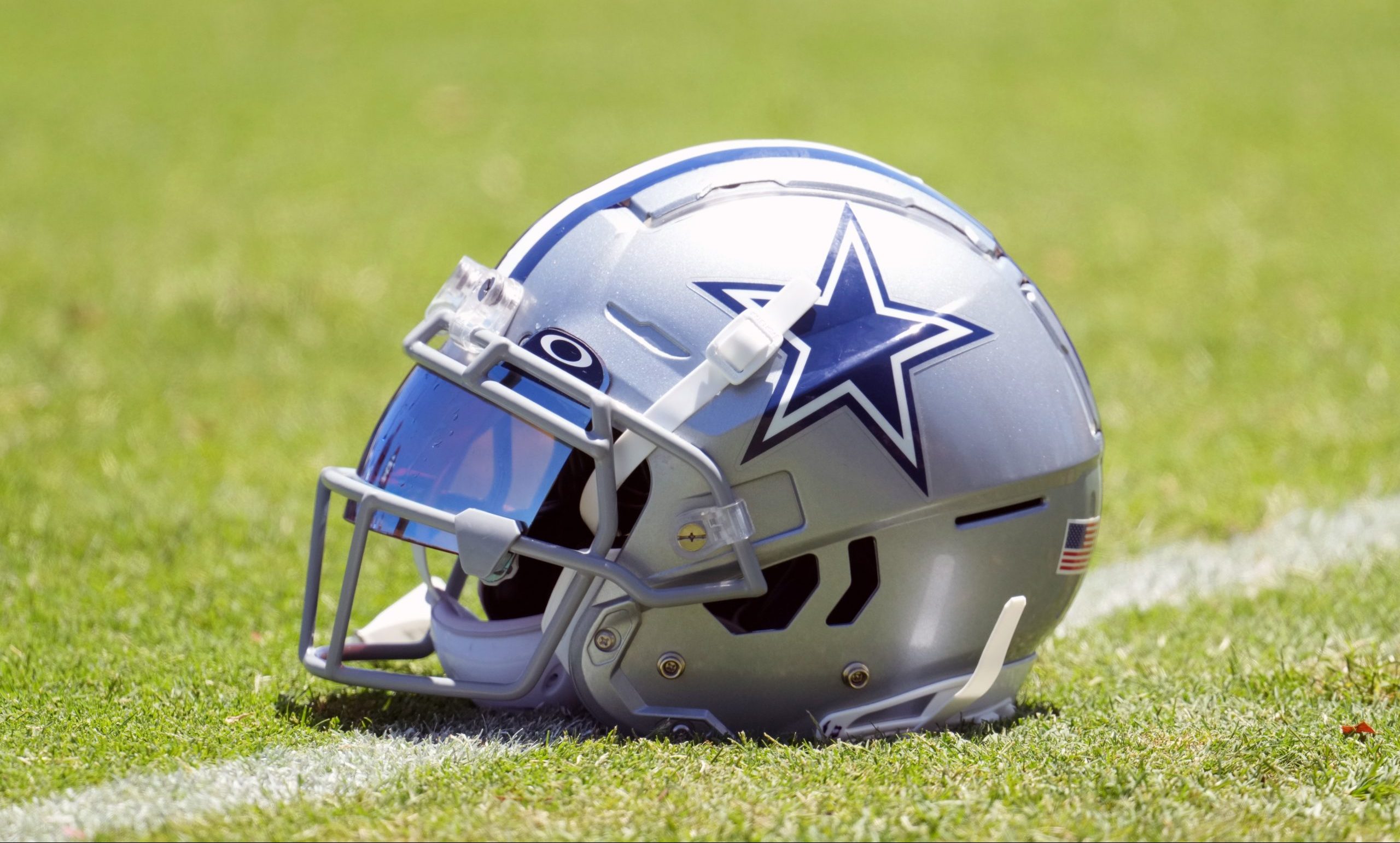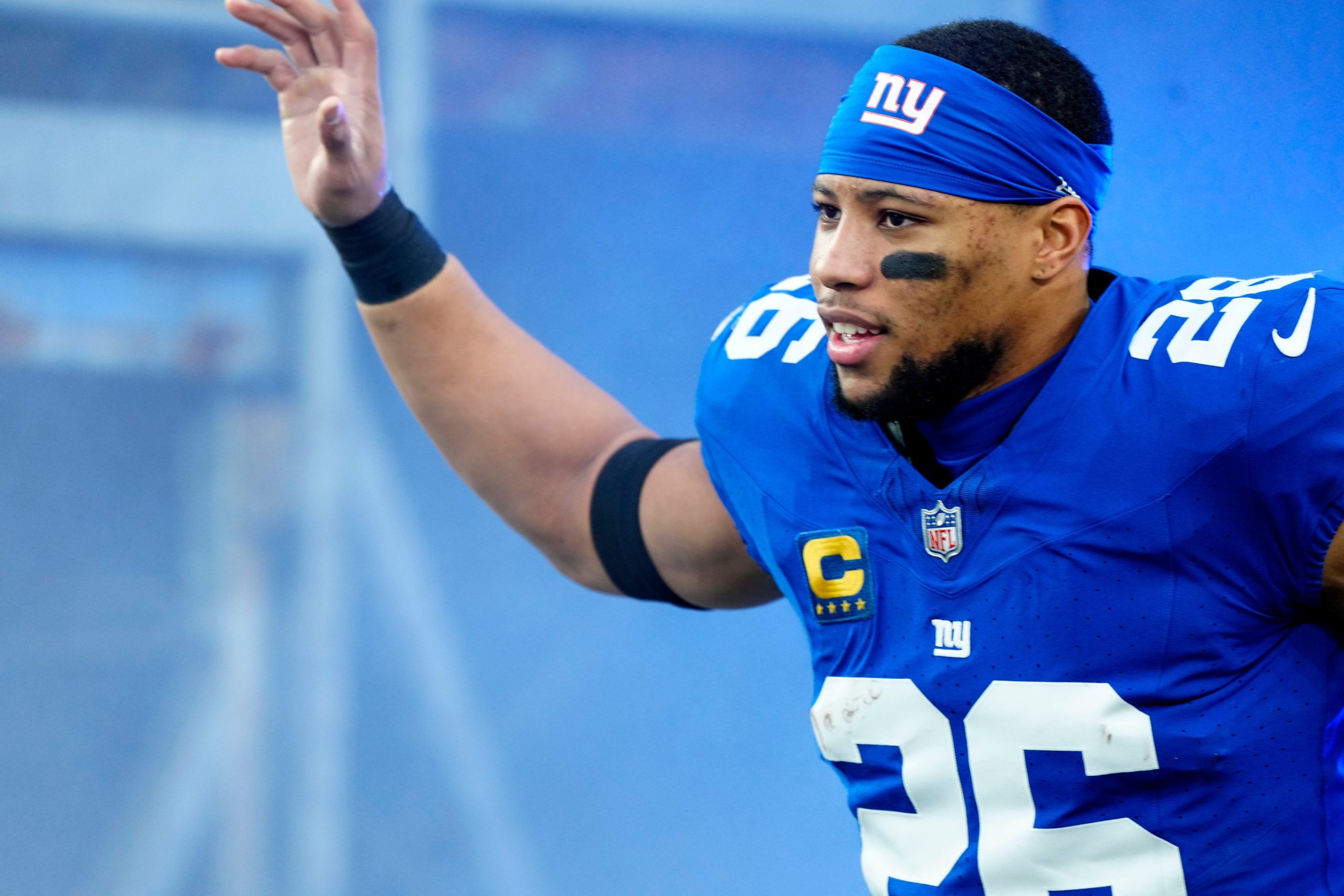The NBA playoffs in the Big Three Era (Miami’s Big Three) aren’t complete without constant chatter regarding favorable officiating for the defending champs. But, as many NBA fans know, it’s not just LeBron & Co. that have been the recipients of dubious calls in South Beach.
Most NBA fans probably agree that no amount of questionable officiating comes close to the Dwyane Wade Free Throw Parade that was Game 5 of the 2006 NBA Finals. That game, officiated by the legendary Joey Crawford and Bennett Salvatore, was a low moment for the league — sitting comfortably next to Game 6 of the 2002 Western Conference Finals as two of the most suspicious affairs in NBA history. However, there is another, which has been quitely forgotten over time.
Historians and conspiracy theorists of the YouTube Era mostly point to the aforementioned games as Exhibits 1A and 1B of absurdly favorable officiating. But an older generation will recall a far more dubious affair, and one you won’t find anywhere on YouTube: Game 7 of the 1993 Western Conference Finals. (Note: the full game used to be on YouTube, but mysteriously disappeared awhile back)
Why bring this up now? June 5th (hey, that’s today!) marks the 20th anniversary of that Game 7, when the Seattle Sonics and the Phoenix Suns played a game that makes Kings-Lakers, Miami-Dallas, and everything else look like child’s play. It’s a relic of the pre-Internet, pre-cameras-everywhere era, and, arguably, the gold standard for agenda-driven officiating in NBA history.
First, a little background:
The Suns had acquired Charles Barkley during the previous off-season, and proceeded to run roughshod over the league, compiling the NBA’s best record (62-20), thanks in most part to a rejuvenated Barkley, the league’s MVP. Barkley’s help came in the form of in-their-primes Kevin Johnson and Dan Majerle, a young Cedric Ceballos, seasoned vets Tom Chambers and Danny Ainge, and promising rookie Richard Dumas (pre-derailment).
Meanwhile, the Sonics were, in a way, just happy to be there. They’d cobbled together a 55-27 record — an eight-game improvement from the previous season — with a potent mix of before-their-primes Gary Payton and Shawn Kemp, and teflon-tough veterans Ricky Pierce and Eddie Johnson. A young George Karl was their coach, and he’d done a magnificent job constructing a defensive-oriented team that everyone was excited about for years to come…okay, I’ll stop there.
(Tangent: this was the season I became a diehard Sonics fan. I was eight years old — turning nine during the playoffs. I went to my first game that year, in early January. There are two things I remember vividly from that game:
- The Sonics beat Denver 108-104 in exciting fashion, and
- Steve Scheffler, a perennial 12th man for the mid-90s Sonics, started in place of an injured Shawn Kemp. Witnessing The Chef start a game — he only started eight games out of 174 career games played — is a badge of honor I wear to this day.)
Through the regular season, the Sonics played the Suns tough, dropping two of the first three games, before squaring off again on February 13th, 1993 at the Coliseum. I didn’t have a TV at the time, and had never actually watched a Sonics game outside of attending one. I discovered a radio broadcast, and that night is when I was introduced to the legendary voice of the Sonics, Kevin Calabro.
I don’t remember all the details, except that in the last few seconds, all Phoenix had to do was inbound the ball, get fouled, make a couple free throws, and seal a victory. Well, Derrick McKey stepped in front of that inbounds pass, hit a layup, and the Sonics managed to walk away with a shocking 95-94 win. I proceeded to run around my bedroom like a madman, of course. The Sonics ended up winning the season series against the Suns, 3-2, and had lots of momentum heading into the playoffs.
But nothing ever comes easy under George Karl. The first two rounds were beyond tense. The Sonics blew home court in the first round (classic George Karl) to Utah, before recovering to win Games 4 and 5. Against Houston, they held serve at home, thanks to Eddie Johnson nailing a three-quarter-court shot at the end of the third quarter of Game 2, which swung momentum in favor of the Sonics.
A dirty little secret, and one that would become more and more evident as the 1990s grew older, was the fact Hakeem Olajuwon’s Rockets just couldn’t beat the Sonics, even if Hakeem himself feasted on them (read Kevin Pelton’s excellent breakdown a few years back). And signs of those struggles began to show again in those conference semifinals.
Still, the home team won every game, leading to another forgotten moment in lousy playoff officiating — the famous Game 7 where Hakeem threw everything he had at Seattle (final stat line: 23 points, 17 rebounds, 9 assists, 3 blocks), while Houston put a sixth man the court for the final play! Don’t believe me? Here’s the video of the final play — at the 16:55 mark, a player on the Rockets’ bench casually inserts himself into the game, and nobody notices. Although, after watching this video, could you blame them for trying to cheat?
Let’s just agree that the officiating evened itself out in that one. The next series — one game in particular — would be a different story, though.
The Suns hadn’t run through the conference playoffs in any more impressive fashion than the Sonics (in fact, the Suns almost got swept in the first round by the Lakers), so many people viewed it as a fairly even matchup, especially taking the regular season into consideration. However, the one thing that had helped tremendously in Seattle’s success the first two rounds — home court advantage — was gone. The Sonics and Suns traded blows the entire series (much like this year’s Eastern Conference Finals, neither team won two consecutive games), with neither team gaining any particular amount of momentum.
The first six games games were a standard mix of lopsided and nail-biting affairs, with Barkley and Majerle’s Game 5 performances standing out. Then, Game 7 rolled around. But, before we get to the gory details, let’s start with the day before:
On June 4th, the Chicago Bulls secured their third straight trip to the Finals, dispatching the Knicks in six games (they’d dropped the first two, then won four straight). If there was ever a time for the NBA to flex its agenda-driven muscles, this was it. Jordan vs. Barkley, the two-time champs vs. the controversial (in hindsight) MVP, the two biggest stars of the 1992 Olympics? It was the match made in Finals heaven. In fact, NBC had already banked a Finals promo with Jordan and Barkley weeks earlier (true story).
Now, for the game:
We’ll start with what Suns fans (and everyone else outside of Seattle who doesn’t like reading beyond the first line of a box score) would have to say about it: Charles Barkley played the game of his life. He’s even on record admitting it’s the best game he ever played. He’s probably not wrong (although his 43/15/10 in Game 5 was probably better — even if he still needed Dan Majerle to hit 876 threes in order to win). He put up 44 points and hauled in 24 rebounds in Game 7, which is all fine and dandy — except 19 of those 44 points came by virtue of 22 free throw attempts.
Before addressing free throws, we’ll also mention that non-conspiracy theorists point to the 123-110 final, and say, “hey, the Suns won by 13! It wasn’t even close!” It wasn’t close because 57 of those 123 points came on free throws. Yes, you read that correctly: the Suns made 57 free throws (on 64 attempts, a playoff record). And this was only a regulation game!
To put that number in perspective, in the infamous Game 6 of the 2002 Western Conference Finals, the Lakers only attempted 40 free throws. In Game 5 of the 2006 NBA Finals, Miami attempted 49. That’s right, the Suns made 17 and 8 more free throws than the Lakers and Heat even attempted (respectively) in the two games every NBA fan has cried “conspiracy!” over since the turn of the century. Let’s break it down further:
The officials for Game 7: Dick Bavetta, Ed T. Rush and Mike Mathis.
Here are the free throws attempts, by game, for each team (first number is Phoenix): Game 1 (25/21), Game 2 (41/32), Game 3 (41/33), Game 4 (25/31), Game 5 (27/29), Game 6 (32/30). You’ll notice, even though the average is relatively even (32-29) through six games, Phoenix is all over the place. And, if you look at the officials, it makes sense. Mathis and Bennett Salvatore worked Game 2 (remember, Salvatore worked Wade’s 25-attempt game). Bavetta and Rush worked Game 3.
Three refs, who’d worked the most lopsided games of the series (in terms of free throw disparity), banded together to call 38 personal fouls on Seattle (Kemp, Eddie Johnson and Nate McMillan were all DQ’d), versus 27 (and no DQ’s) for Phoenix. Seattle attempted 36 free throws (yes, there were 100 attempts, total). Look at the box score. It’s horrific.
Now, just for hypothetical fun — using those Heat and Lakers free throw advantages for reference — let’s give Phoenix just 15 free throw attempts above their average (we’ll even let them hit their same Game 7 percentage — 89%). The poor Sonics can stick with their measly average of 29 (and hit 77% — their Game 7 percentage). Already, that is being quite generous to Phoenix, putting them close to Miami’s 49 attempts in Game 5.
At those percentages, Phoenix hits 42/47, while Seattle hits 22/29. In that scenario, the score becomes a much more respectable 108-104, in favor of Phoenix — without even giving the Sonics any type of advantage. But, if we take the series averages, it gets even more interesting. Phoenix had a miserable series at the stripe, starting off in the 60s, but eventually ending up at 73.5%. The Sonics remained fairly consistent, shooting 79%. Translate those numbers, and you can add one more free throw to the Sonics total, and drop the Suns to 36 (rounding up, because it’s sunny, and I’m in a good mood). Final score: Sonics 105, Suns 102.
(For the record, the Suns shooting 73.5% on 64 attempts still yields a 113-108 victory — but the conversation would turn into “wait, the Suns needed 64 free throw attempts to win by five?” instead of “the Suns won by 13 because Barkley played the game of his life.”)
Now, twenty years after the fact, the only thought that crosses my mind is “what if this happened today?” What if Miami attempted 64 free throws in a Game 7 to make the Finals? Hell, even 50 free throws? Would the Internet actually explode?
That’s what’s nice about having 4,578 cameras covering every angle of every game: nothing slips past the audience anymore. Game 7 of the 1993 Western Conference Finals is a game that happened, but you won’t ever see it again — either in its original form, or a modern version.
Be thankful for that.


